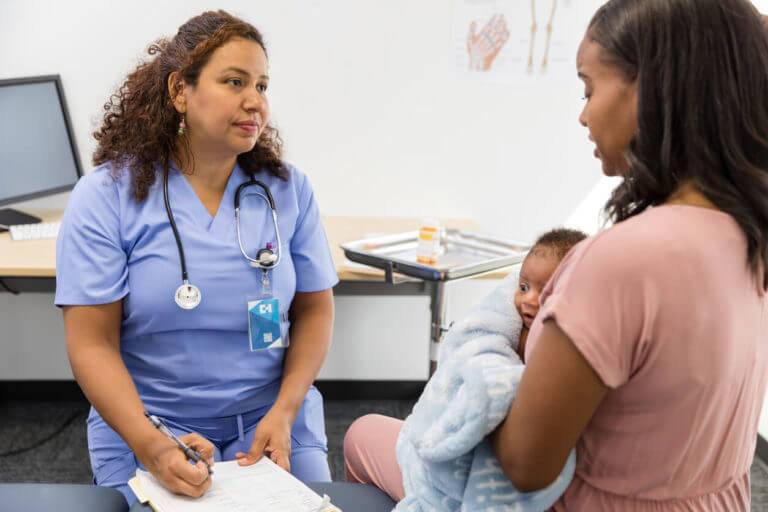Pregnancy is a journey that can be full of challenges and adventures. As a woman, you go through different stages of emotional and physical changes that can affect your overall health. After giving birth, many women tend to focus on the baby’s health, forgetting that they also need to take care of themselves. The postpartum
Read Moregynecologist
5 Best Recommended Methods for Pregnancy Fertility
If you think you are ready to start a family, it is natural that the first thing you want to know is how to get pregnant. Several myths exist about increasing your chances of conceiving. What do qualified reproductive health physicians say on the matter? Let’s talk about the five best-recommended methods that can help
Read More3 Steps to Take Before Your Next Pap Smear
A Pap smear is one of the most important tests you can have as a woman. It can detect changes in the cells of the cervix, which could lead to cancer. That’s what you must do before your next Pap smear. What Is A Pap Smear? Pap smear tests look for changes in the cells
Read MoreWhen to See a Women’s Health Doctor Instead of Your Primary Care Provider
While a primary care doctor can diagnose and treat a wide range of health conditions affecting both men and women, an obstetrician/gynecologist (OB/GYN) specializes in diagnosing, treating, and preventing health issues that can specifically impact women. This is especially true of reproductive issues in women, such as problems with your menstrual cycle or breast health.
Read MoreHow to Prevent Breast Cancer
Statistically, an American woman has about a 12.5% chance of being diagnosed with breast cancer at some point during her lifetime. The incidence rates have been increasing slightly every year in recent decades – some of the reasons appear to be uncontrollable, but others are controllable. There are numerous issues associated with breast cancer. Below,
Read MoreResponsibilities of a Midwife
A midwife is someone who will provide individualized care to women before, during, and after pregnancy. In fact, certified nurse-midwives are able to deliver a baby safely. If a mother has a chronic illness, or if it is a high-risk pregnancy, then the midwife will consult with an OB/GYN (obstetrician/gynecologist) or refer the mother to
Read MoreIs a Pap Smear Every Year Really Needed?
A Pap smear is a medical test performed most often by a gynecologist who tests for cervical cancer in women. The test involves collecting cells from the cervix and performing laboratory tests to check for changes in the cells that may become cancerous in the future. This is a very important cancer test that should
Read MoreIs Age a Factor in Fertility?
How old is too old to conceive and give birth to a healthy baby? Age is certainly a factor that affects a woman’s fertility – less so for a man, although it does matter for some. Women are born with all the eggs they will have throughout their lifetime – approximately 1 to 2 million
Read MoreTalking to Your Teenager about Going to the Gynecologist
Chances are your teen has been seeing the same doctor since she was born. Over the course of your teen’s life, her pediatrician has become a trusted advisor and sometimes confidant when it comes to growing up and navigating life. So seeing a gynecologist can be a very big – and nerve-racking – step for
Read MoreUsing a Midwife vs. a Hospital Delivery
Modern mothers-to-be have lots of decisions to tend with regards to determining the best, safest way to deliver their baby. And for first-time moms, one is whether to choose an obstetrician-gynecologists (ob-gyn) or certified nurse-midwives (CNM) to oversee their deliveries. Here are some considerations to help you determine which option may best for you and
Read More











